
Section 899
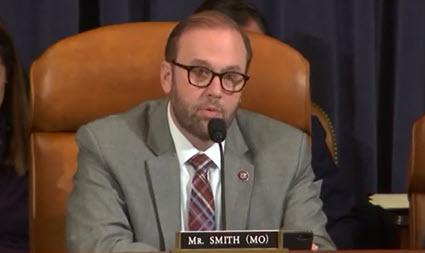
Energy Tax Incentives
Government Funding
Speaker Mike Johnson (R-LA) faces pressure from President Trump and OMB Director Russ Vought to back a longer-term plan, while Senate Republicans such as Majority Leader John Thune (R-SD) are urging a cleaner, narrower resolution to avoid a shutdown fight.
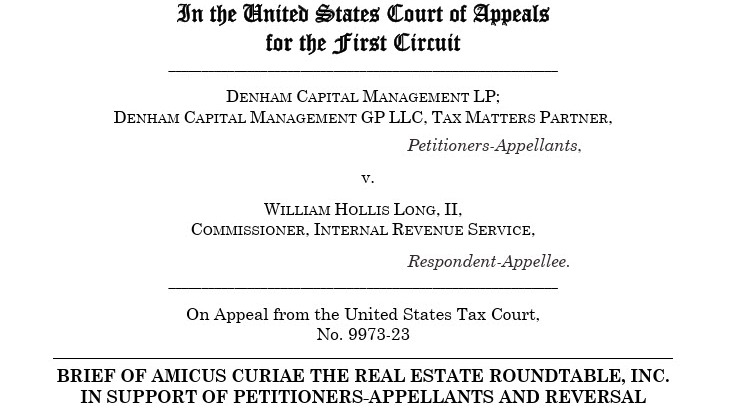
The Real Estate Roundtable (RER) filed an amicus brief last month with the First Circuit Court of Appeals in Denham Capital Management LP v. Commissioner, a case that challenges the IRS’s restrictive interpretation of the “limited partner exception” from self-employment (SECA) taxes under section 1402(a)(13) of the tax code. (Amicus Brief, Aug. 15)
Why It Matters
Roundtable View
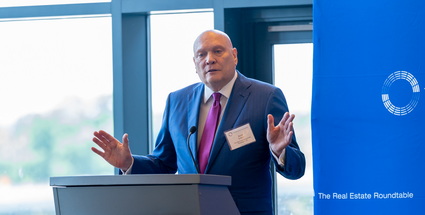
Background
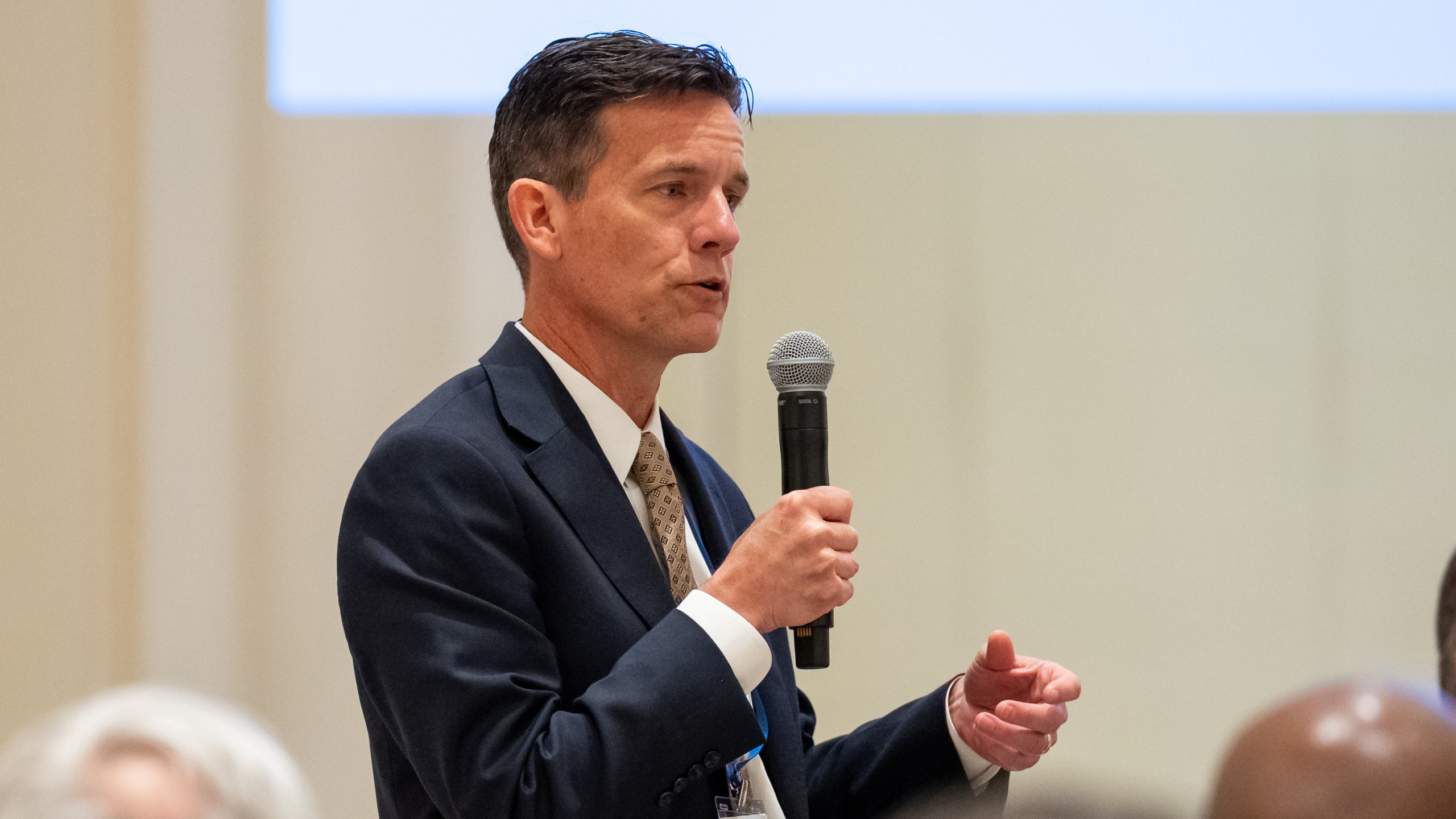
Next Steps
The First Circuit’s decision in Denham could have nationwide implications for how partnerships are treated under SECA. A ruling against the Tax Court’s passive investor test would reinforce state law’s central role in defining “limited partner” status.

At Connect Apartments 2025 in Los Angeles this week, Real Estate Roundtable (RER) President and CEO Jeffrey DeBoer delivered the keynote Q&A session, outlining top legislative and regulatory priorities in the coming months.
Remarks
Next Wednesday, the House Financial Services Housing and Insurance Subcommittee will hold a hearing on "The Reauthorization of the Terrorism Risk Insurance Act of 2002." RER will continue to engage on TRIA renewal and related policy issues.

Housing affordability remained a central issue in Washington this week, with congressional hearings, a special Housing Showcase event, fireside chats, and the introduction of new housing legislation all contributing to the increasing momentum for reform.
HUD Innovative Housing Showcase Highlights Market Solutions
Fireside Chat with Chairman Scott and Secretary Turner
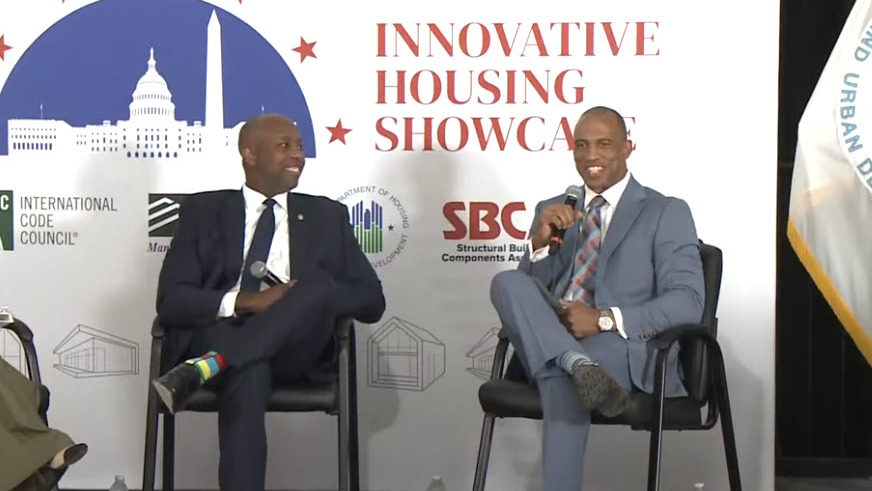
Industry Urges Cost-Effective Energy Policies at Hearing on Housing
Looking Ahead
RER will continue to engage with policymakers and industry leaders to promote bipartisan legislation and regulatory reforms that expand the housing supply and improve affordability.

The Real Estate Roundtable (RER) is pleased to share our 2025 Annual Report, A New Era for America’s Buildings: Policy to meet increased energy demands, new technology, and evolving living and working environments.
Roundtable Leadership
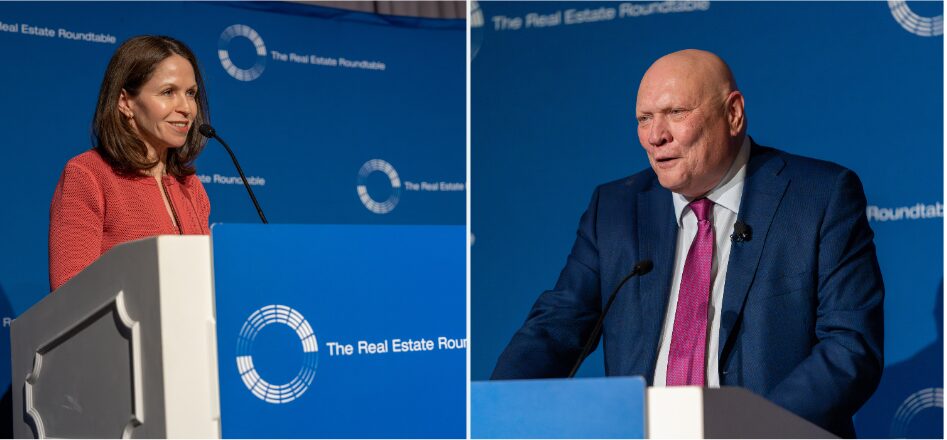
Explore the 2025 Report
Printed copies of the Annual Report are currently being mailed to members. If you would like additional copies, please email agrenadier@rer.org